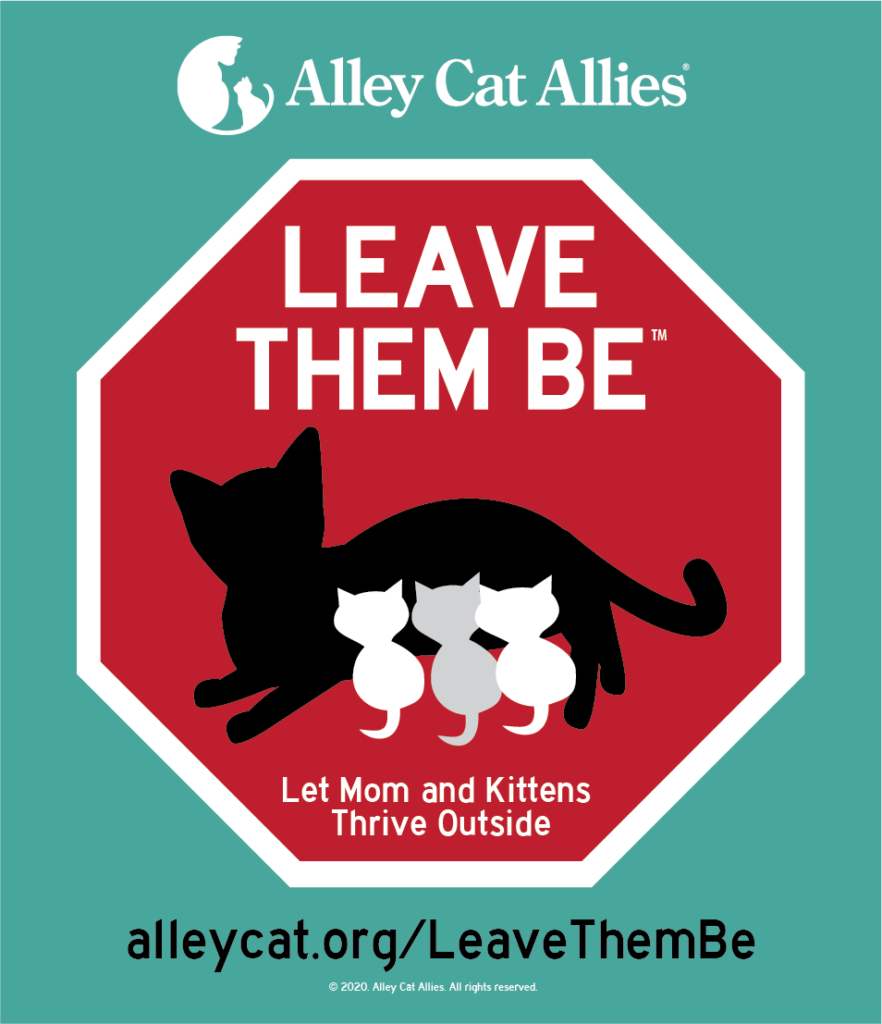The Intervention Program is offered to residents of the City of Montgomery and Montgomery County as an alternative to surrendering their pets to the Montgomery Humane Society. If you are a city/county resident, meet the program’s income requirements, and want to keep your pet, but feel you have no other choice but to surrender, contact the Intervention Program first. The program temporarily assists pet owners who income qualify. Services offered include spay/neuter, rabies vaccinations, microchipping, medical treatment, pet food, behavior training, pet deposit assistance and humane euthanasia. Since March of 2017, the Intervention Program has assisted over 3.200 families with their 6,300+ pets and has spay/neutered over 5,000 animals. For more information, email intervention@montgomeryhumane.com. You may also like our Intervention Program Facebook page for updates about the program.
Eligibility
1. You must be a resident of the City of Montgomery or Montgomery County, Alabama.
2. Your household income must be less than or equal to twice the Federal Poverty Level (FPL) set each year by the Federal Government.
3. You must agree to have all your dogs and cats spayed/neutered/microchipped at the program’s expense if they are not already.
4. The maximum medical treatment costs covered are $400 per household in a 12-month period.
The Intervention Program recognizes that pet overpopulation is a serious issue, with many animals being surrendered or abandoned due to a lack of resources or homes to care for them. By spaying or neutering animals before they are adopted, the program helps to prevent the birth of unwanted litters and decrease the number of animals that end up in shelters and rescues.
Spaying and neutering also has many health benefits for pets, including a decreased risk of certain types of cancers and behavior issues related to hormones. Overall, spaying and neutering is an important part of responsible pet ownership, and the Montgomery Humane Society’s Shelter Intervention Program recognizes this by requiring these procedures for all animals in their care.


